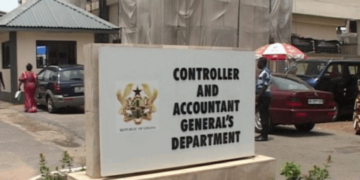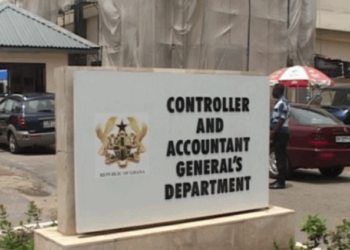According to the most recent Ghana Statistical Service data, inflation jumped slightly from 23.2 to 23.5 percent in January 2024.
This signifies a reversal of the consecutive dips that occurred between July and December 2023.
Read Also: WhatsApp about to change forever with ground-breaking new feature
This minor increase in consumer prices is due to an increase in non-food inflation drivers, including housing, electricity, and clothing.

However, food inflation continued to fall over the time under consideration.
This surprising hike comes just a month after the Central Bank eased its monetary policy stance by 100 basis points in response to falling inflation readings.

According to the latest statistics released by the Ghana Statistical Service (GSS) , the overall price level in January 2024 was 23.5 percent higher than in January 2023.
It also indicates that month-on-month inflation between December 2023 and January 2024 was 2.0%.

On a geographic level, the Eastern Region had the greatest rate of inflation (37.1%), which was driven by food costs.
The Greater Accra Region, on the other hand, has the lowest rate of inflation (18%).

























